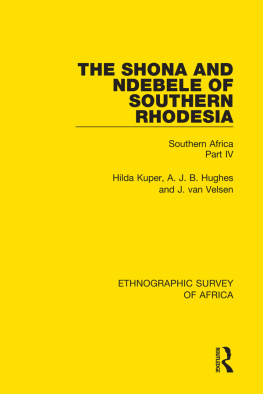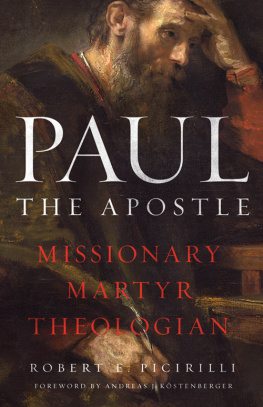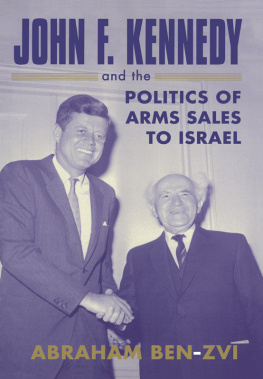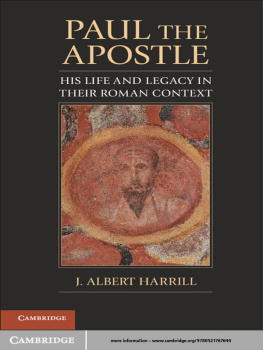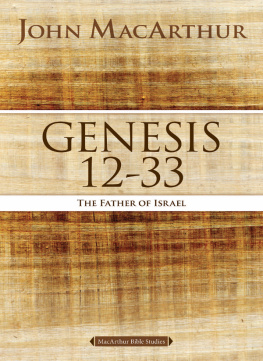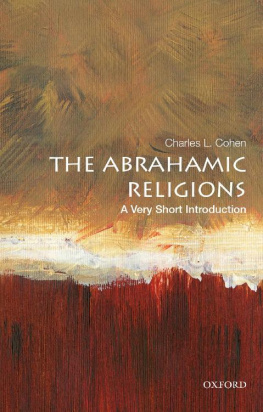Israel Kamudzandu - Abraham Our Father. Paul and the Ancestors in Postcolonial Africa
Here you can read online Israel Kamudzandu - Abraham Our Father. Paul and the Ancestors in Postcolonial Africa full text of the book (entire story) in english for free. Download pdf and epub, get meaning, cover and reviews about this ebook. year: 2013, publisher: National Book Network (NBN);Fortress Press, genre: Religion. Description of the work, (preface) as well as reviews are available. Best literature library LitArk.com created for fans of good reading and offers a wide selection of genres:
Romance novel
Science fiction
Adventure
Detective
Science
History
Home and family
Prose
Art
Politics
Computer
Non-fiction
Religion
Business
Children
Humor
Choose a favorite category and find really read worthwhile books. Enjoy immersion in the world of imagination, feel the emotions of the characters or learn something new for yourself, make an fascinating discovery.

- Book:Abraham Our Father. Paul and the Ancestors in Postcolonial Africa
- Author:
- Publisher:National Book Network (NBN);Fortress Press
- Genre:
- Year:2013
- Rating:3 / 5
- Favourites:Add to favourites
- Your mark:
Abraham Our Father. Paul and the Ancestors in Postcolonial Africa: summary, description and annotation
We offer to read an annotation, description, summary or preface (depends on what the author of the book "Abraham Our Father. Paul and the Ancestors in Postcolonial Africa" wrote himself). If you haven't found the necessary information about the book — write in the comments, we will try to find it.
Father Abraham had many sons . . . So goes the chorus that the Shona people learned from European missionaries as part of the broader experience of colonization that they share with other African peoples. Urged to abandon their ancestors and embrace Christianity, the Shona instead engaged in a complex and ambiguous negotiation of ancestral myths, culture, and power.
Israel Kamudzandu explores this legacy, showing how the Shona found in the figure of Abraham himself a potent resource for cultural resistance, and makes intriguing comparisons with the ways the apostle Paul used the same figure in his interaction with the ancestry of Aeneas in imperial myths of the destiny of the Roman people. The result is a groundbreaking study that combines the best tradition-historical insights with postcolonial-critical acumen. Kamudzandu offers at last a model of multi-cultural Christianity forged in the experience of postcolonial Zimbabwe.
Israel Kamudzandu: author's other books
Who wrote Abraham Our Father. Paul and the Ancestors in Postcolonial Africa? Find out the surname, the name of the author of the book and a list of all author's works by series.

